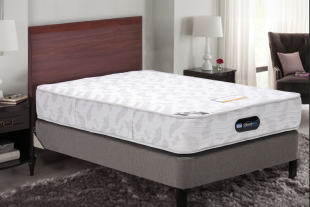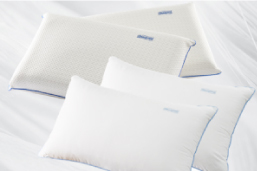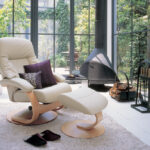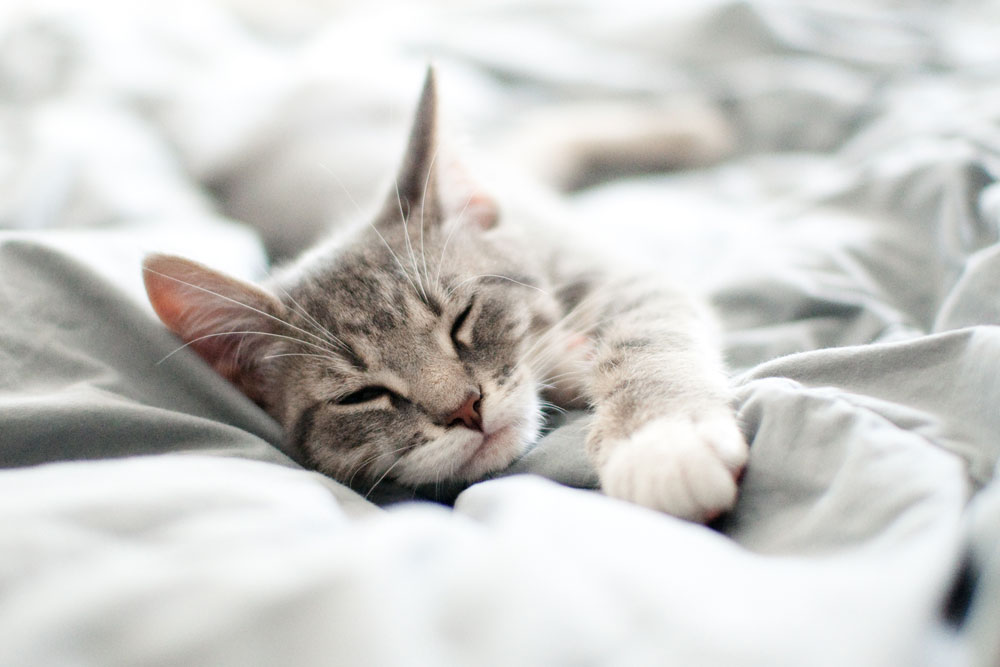
Sleep like a champ
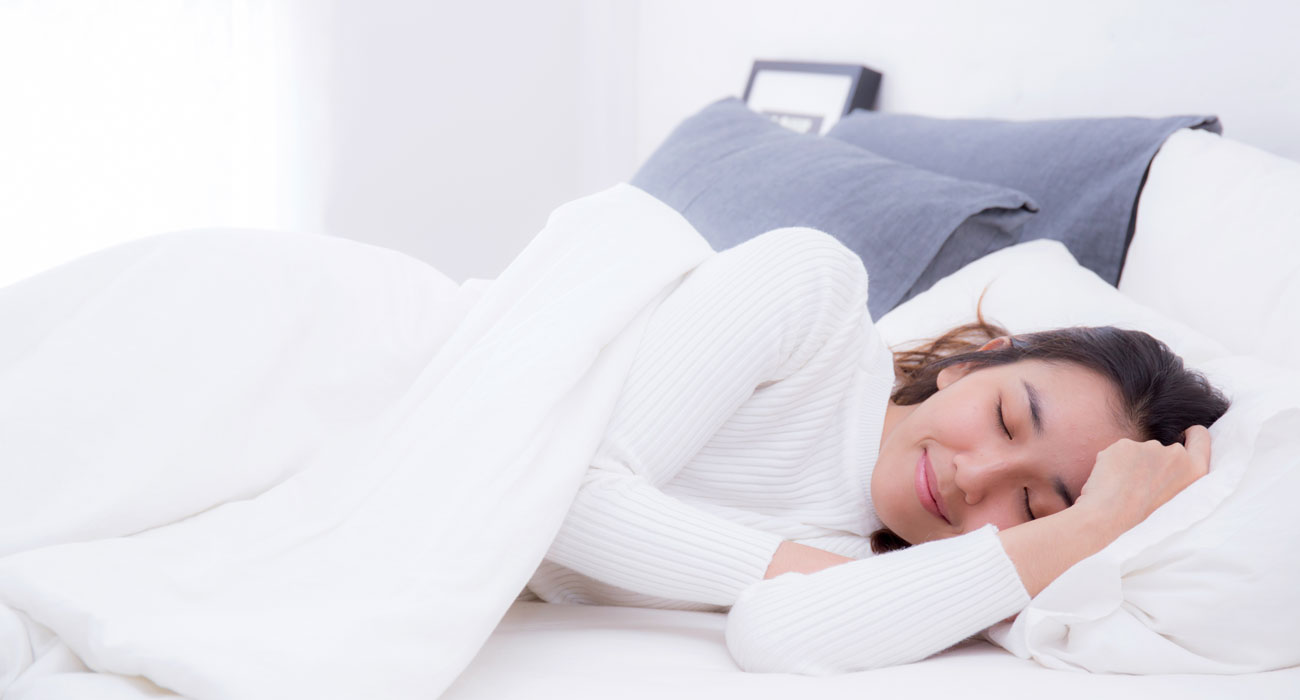
To reap the restorative benefits of a good night’s rest, how well you sleep is just as important as the number of hours you put in.
We put in additional hours to train for a competition and sometimes slog through the night to prepare for an examination. But when it comes to performing well in our chosen fields, getting adequate sleep is often low on the priority list.
A case in point: Although most university students are aware that the lack of sleep raises the risk of mental and physical health problems, the majority – about 77 per cent – do not get the recommended seven to nine hours of sleep daily on weekdays, according to findings from a survey done by students at Nanyang Technological University (NTU) early this year.
The Get 8nough Sleep survey, which looked at the sleep habits and attitudes of over 200 final-year undergraduates aged 18 to 24 at NTU, found that just one in four students was always satisfied with his sleep quality. And more than half of the students surveyed – 57 per cent – felt that adhering to the recommended amount of sleep would leave them with less time to do the things they want.
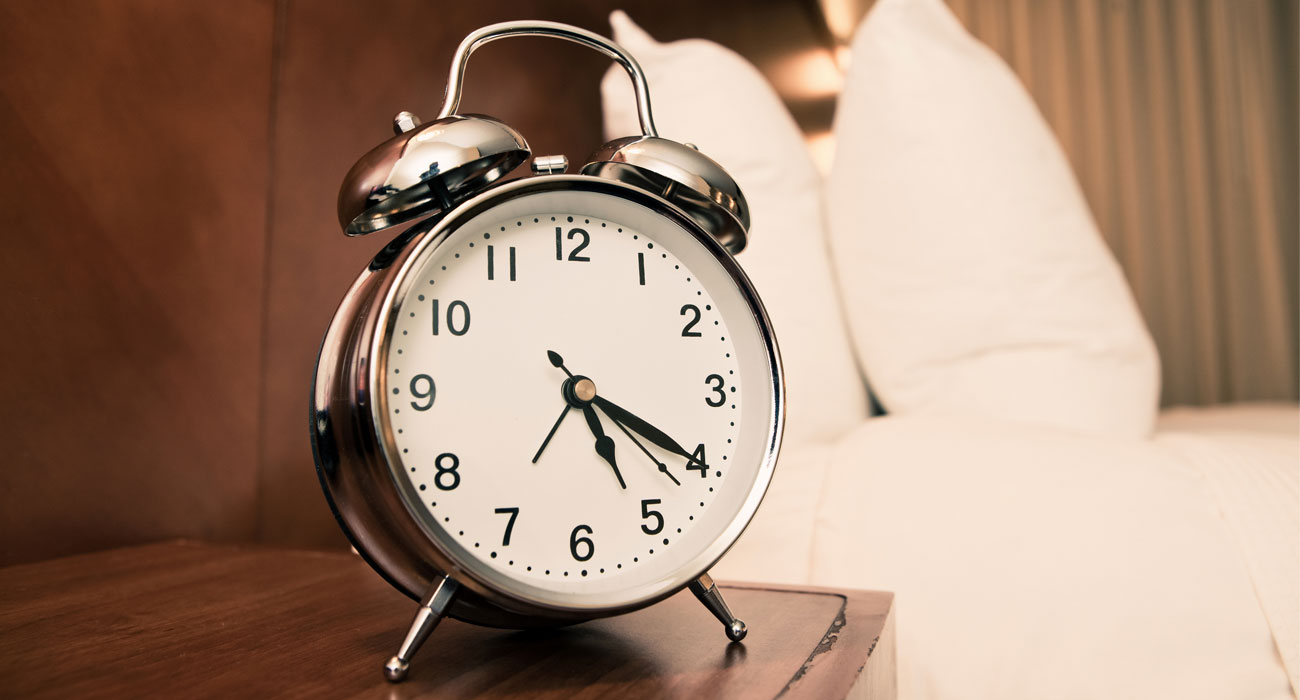
Research has shown that a good night’s rest is critical for both cognitive and physical performance. The lack of it impairs one’s reasoning, problem-solving ability, focus and memory – everything required for one to do well in school, at work or sports.
To reap the restorative benefits of a good night’s rest, how well you sleep is just as important as the number of hours you put in. Studies have found that your bedtime environment can influence sleep quality.
Try these five ways to set up the ideal snooze haven for high-performance sleep.
1. Keep your room sufficiently dark
Light and darkness tell your body when it is time to wake or sleep. A study published in The Journal of Clinical Endocrinology and Metabolism in 2011 found that bright room light can suppress the sleep-inducing hormone, melatonin, making it harder to fall asleep and maintain a restful sleep.
Create a restful bedroom by dimming the lights and consider using blackout curtains if street lights peeking in from outside are affecting your sleep. Unplug from gadgets like laptops and mobile devices, too, and if possible, keep them out of your snooze zone. Besides being stimulating, they emit a type of blue light that may wreak havoc on your natural body clock.
2. Shhhh… for better Zzzs

Even when you’re fast asleep, your brain continues to register sounds that can affect your sleep quality. Some studies suggest that noise pollution, from loud traffic, for example, may have a negative effect on health. If you are living in a particularly noisy area or household, try masking noise for quality sleep.
The United States’ National Sleep Foundation (NSF) suggests using a white noise machine or fan to create a constant ambient sound. This could mask loud noises, helping you to sleep through the night with less disturbances. Or consider using earplugs.
3. Cool your room
Scientists believe that body temperature naturally drops as you drift into sleep. That is why a cool bedroom can help make sleep more conducive. Various studies suggest that the ideal temperature is somewhere between 18 and 24 degrees Celsius, but this may differ from person to person.
If you do not have air-conditioning, try strategies like using a ceiling fan, leaving the windows and bedroom door open at night and wearing light, breathable pyjamas. A warm bath before bedtime may help induce sleep as it cools the body afterward. A warm bath is also believed to help release endorphins, making you relaxed and happy.
What you sleep on matters, too. Choose bedding with breathable fabrics to avoid overheating. Newer-generation mattress fabric that dissipates heat can help keep you cool on hot nights as well.
4. Clean and declutter your bedroom
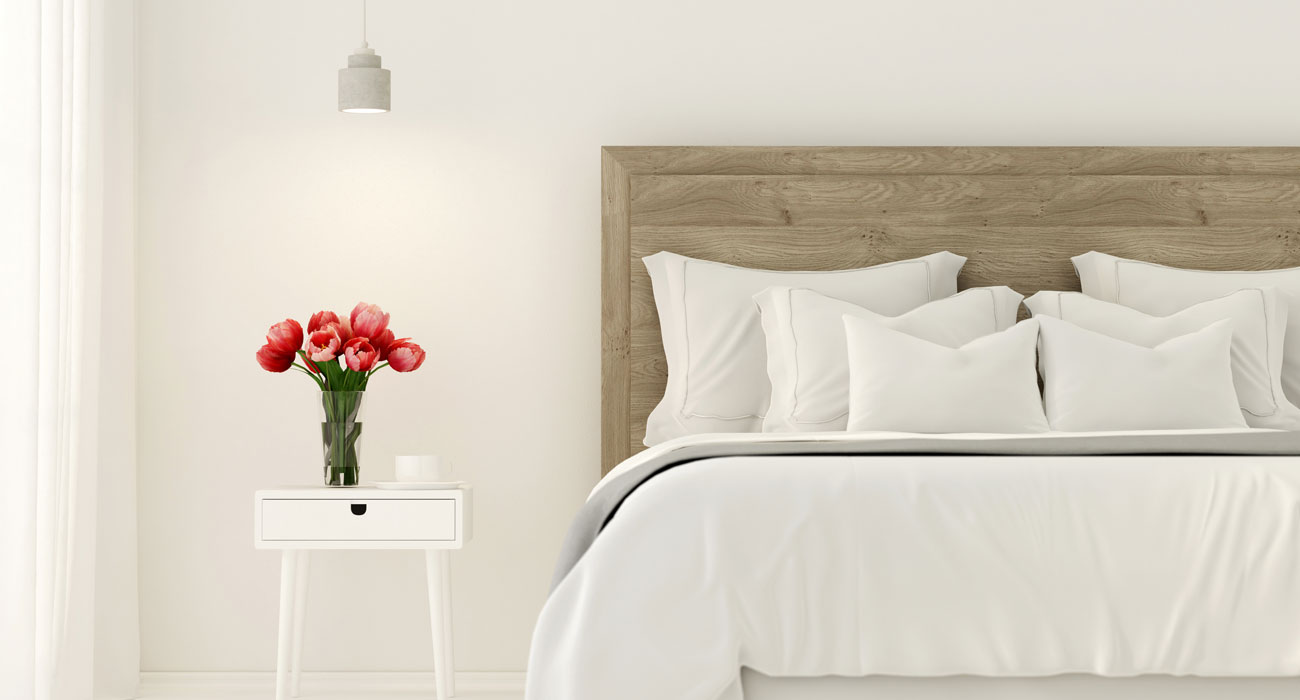
It turns out that Mum was right after all about cleaning out your bedroom. According to an NSF study, a clean, tidy and comfortable bedroom is an essential ingredient to a good night’s sleep. After surveying good and poor sleepers, it was found that those who slept better made their beds daily, cleaned and changed their bedsheets weekly and slept on comfortable mattresses and pillows.
On the other hand, high levels of the stress hormone cortisol have been linked to clutter at home. A separate study by University of California, Los Angeles, found that women living in messy homes with many physical objects around them were more stressed and anxious than those whose homes were tidy.
5. Minimise bed-sharing woes
Imagine trying to get a good night’s rest when your partner keeps tossing and turning, or snores loudly through the night. According to the NSF, bed sharers suffer about 50 per cent more sleep disturbances than those who sleep on their own. But short of sleeping on separate beds, what can couples do?
First, it is important to seek medical attention if you suspect that your partner has a sleep disorder, such as insomnia or obstructive sleep apnoea, which occurs when the person repeatedly stops breathing during sleep. Getting a sleep disorder treated not only improves sleep quality, it also prevents other long-term health issues.
Consider your shared bed space and mattress. The general rule of thumb is the bigger bed you can fit into your room, the better, although this depends on each couple’s preference and body size. If your partner’s movements are disturbing your nightly Zzzs, or vice versa, a mattress that minimises motion transfer can help reduce sleep interruptions.
Finally, remember that compromise is essential. If you want to read or catch up on Netflix in bed, take steps to minimise unwanted lighting and sounds that can disrupt your partner’s sleep.
Besides getting the recommended eight hours of sleep, quality of sleep is just as important. With its latest advanced innovation and technology, Simmons mattresses can help take sleep performance to a new level.
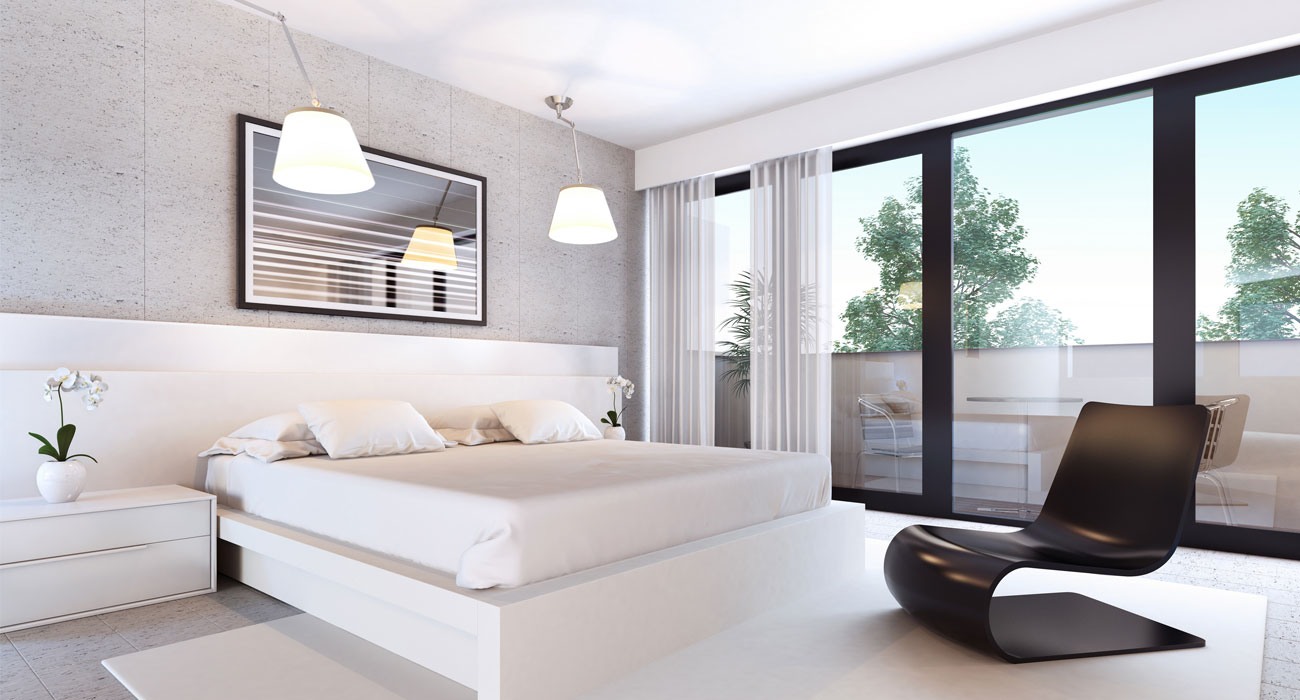
Check in to first-class sleep with Simmons’ newly-launched Beautyrest Reef Water Suite Series (above). Like its Beautyrest Marina Bay Series, it allows you to bring the hotel sleep experience closer to home, delivering minimised motion transfer as well as greater conformability and support for a night of uninterrupted sleep.
Pre-compressed Simmons pocketed coils offer a greater spring effect, unsurpassed motion separation, the right conformability and optimal back support. The Beautyrest Reef Water Suite Series also boasts a super pillow-top sleep surface finish, non-flip design and CoolMax fabric, which has a unique open-cell structure that facilitates heat dissipation. Increased durability is tested and proven through the Cornell University Indentation Test. For details, visit simmons.com.sg/mattresses or the Simmons Gallery or Simmons Studio at simmons.com.sg/find-a-store.
Disclaimer: The information above should not be taken as medical advice. Those suffering from long-term sleep problems should seek professional medical advice to exclude undiagnosed sleep disorders.


